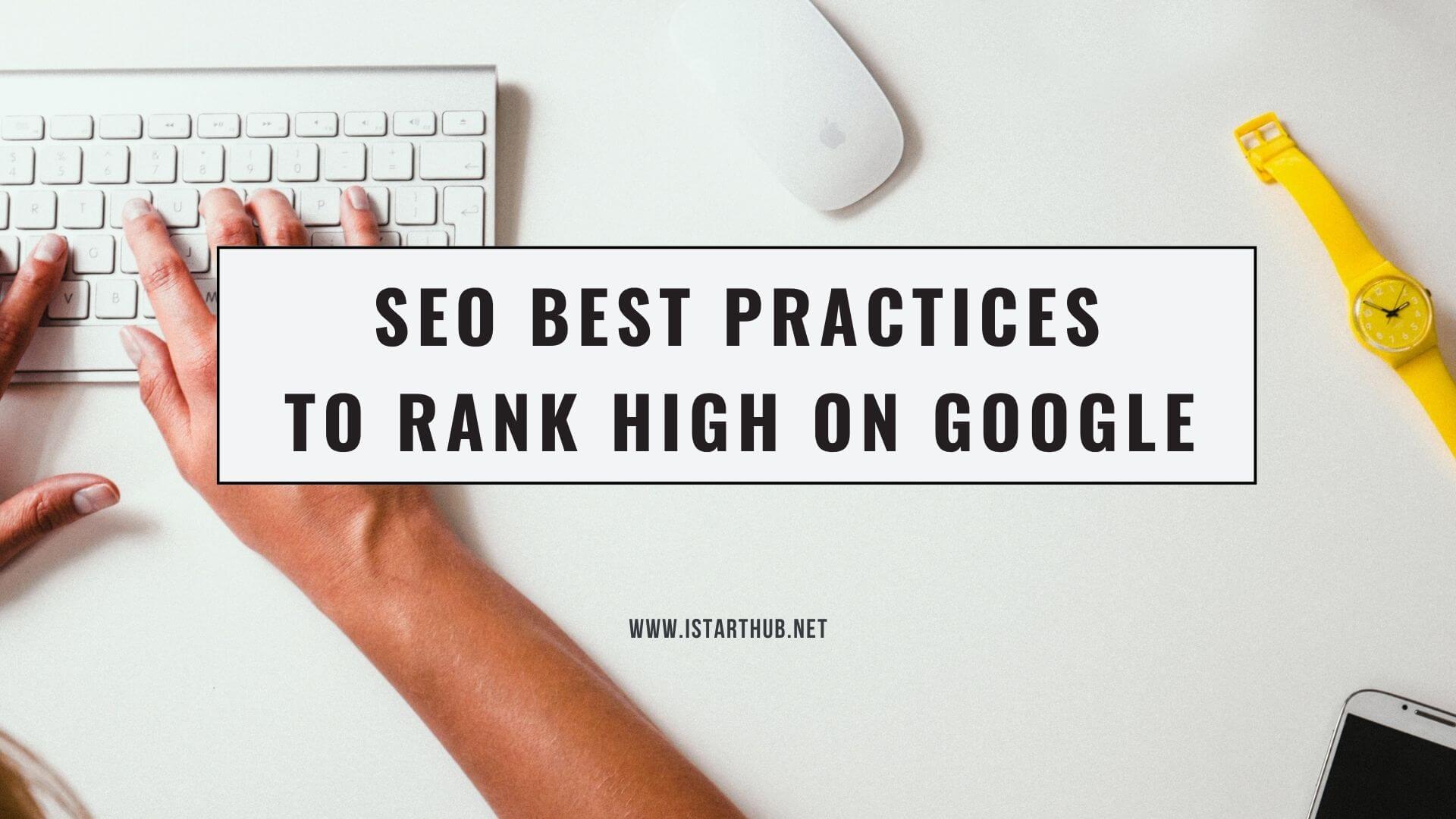SEO blogs and other content are a critical component of our web PR and social media management campaigns.
Most of the websites rank higher because of their content and if you don’t have potential content then you might not get the efficient positive return on investment.
Of course, SEO writing is completely different from simple writing. For this, only skilled SEO article writers understand the way and ethics of SEO writing.
Here are the six most important SEO writing techniques.
1. Start researching keywords
If you’re going to put content on your blog anyway, you may as well make sure Google is indexing your writing.
The best way to do this is to create a keyword spreadsheet to monitor the keywords and phrases people are looking for (as well as what you should compete for).
Keep track of how many times you use the keywords in your web content and use the correct tools and see where you score with the keywords you want to rate with.
Ahrefs is one of the best keyword research tools as it automatically finds the suggestion to rank your website. For example, it will suggest low-difficulty keywords to rank quickly and easily.
The keywords are very important as it is considered as the base of the SEO for your website.
2. Focus on better keyword adjustment
Being an SEO content writer used to be as simple as stuffing keywords into your copy — but that’s no longer the case.
Although using your goal keyword in your article is still a smart idea, stuffing your copy with forced keywords won’t help (and in some cases, will hurt). You must be tactical, as in any other aspect of SEO strategy.
The best practice is to use your keywords
- in the title
- the first 300 sentences
- the H1 heading or H2 (though it’s not mandatory to have it in both; just make sure it’s in either of them)
Following that, you can continue to use different variants of the keyword.
As an aside, fitting your keyword into your copy should never be a challenge. When you start to write a good piece of writing, you’ve gone too far with your keyword.
Remember the people who use search engines are looking for that word and they want to learn more about it.
So giving them what they want makes sense. If you do, you’ll get more views — it’s one of the SEO article authors’ tricks of the trade.
3. Understand the fundamentals of technical SEO
If your site isn’t even indexed, no amount of keyword optimization can help.
You’re not supposed to know how to migrate a platform or allow HTTPS through an entire domain as a blogger.
You don’t need to know how to make the most of a crawl budget, and you don’t need to know how to minify JavaScript.
Knowing a few things about professional SEO, on the other hand, will help you become a better SEO blogger.
To begin, learning how Google crawls pages and link building will aid in the development of a strategy. After all, content writing entails more than just writing one blog post — it also entails writing (and referring to) a number of them.
You will help make things a little bit more effective if you have a clear idea of how your blog is organized, which ensures that a backlink to one of your blogs would give your site the most advantage.
Understanding how to configure a website with more than just keywords is often beneficial.
As an SEO blogger, you should be able to keep your photos optimized, ensure that there aren’t so many popups on a specific website, and ensure that your blog posts are indexed.
You may go for different audit tools online that will scan any crawling or other errors in your website.
4. Publish unique content only
Unique content is very important for SEO as search engines always provide the maximum user experience to the viewer.
If you continuously publish plagiarized content, it will affect your ranking and hence your efforts may be wasted.
However, to do this, you need to find duplicate content in your writing. This is possible using online plagiarism checkers which are available in a vast range.
Having lengthier and unique content will increase the chance of ranking higher as the users will get more different information from your blog.
If in any condition, you find plagiarized content in your writing, you have to fix it. For example, you need to change the plagiarized sentences manually.
However, if you don’t want to spend extra effort in reading and then rewriting manually then you can go for a rephrase tool.
The paraphrasing tool will keep the original meaning but make your content different from the source.
5. Proofread and check the placement of your keywords
Professional SEO article writers and usual writers vary mostly in their ability to self-edit.
Somehow, Google Docs and Microsoft Word make it simple as they can mark the mistakes with red and blue squiggles that reveal the majority of the details.
It’s also important to have a sense of aesthetics when it comes to formatting. Avoid using super lengthy paragraphs and sentences that go on and on.
It’s a smart idea to make someone else read your work before hitting publish if you’re willing. And if they aren’t an SEO writer (or editor), the second pair of eyes will see a lot of errors that are easy to overlook.
That being said, not everybody would be effective with SEO publishing.
Not everybody can write well, and if you don’t have writing experience, you can find it difficult.
Do the hardest to see what you can come up with. If it doesn’t work out for a few months, you can get more experience, hire a content writer, or hire a content management firm to do it for you.
Secondly, you need to check the adjustment of your keywords in the writing. For example, you should note if your writing is adjusted with the keywords in the right way or not.
You should always avoid keyword stuffing as well as the low density of keywords in your content.
6. Keep an eye on your analytics
You shouldn’t just publish your content and walk away when it comes to SEO blogging.
In reality, you can use Google Analytics to monitor your content regularly. It can help you in watching the overall performance of your site, bounce rate, and session rate as all of them are critical.
That isn’t shocking when you think about it. If your site has a high bounce rate, it means that users aren’t lasting long on your website, most likely because it doesn’t provide them with the details they need.
If you have a high bounce rate, likely, your page isn’t optimized for the right keywords. You should be aware that a variety of factors other than content can cause your bounce rate to skyrocket.
Visitors may be turned off by aggressive pop-ups, long loading times, irritating advertisements or photos, and some other unappealing design features.
It’s not only about the words on your screen when it comes to creating successful SEO content; it’s also about how your visitor perceives them. If they are obscured by poor architecture, no one would bother to read them.




